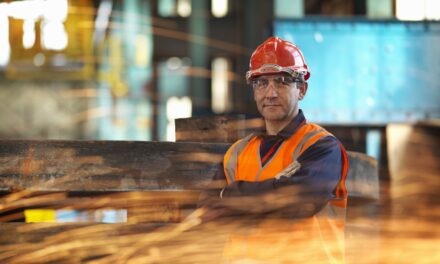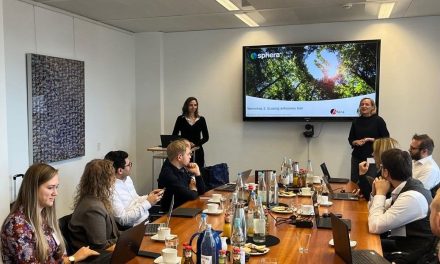Crypta Labs, a specialist in Quantum Random Number Generator (QRNG) technology, has signed up to the national SPRINT business support programme to develop its QRNGs for space applications. Crypta Labs will collaborate with SPRINT partner, the University of Southampton, which will conduct environmental and performance testing of the company’s QRNGs to CubeSat level specifications. This will provide high quality random numbers for use in cryptographic tasks, such as encryption of the data that is being sent between satellites and Earth or for securing communication within a CubeSat constellation.
Crypta Labs has developed a compact QRNG prototype, which uses the quantum property of light to generate high-quality randomness. The project will redesign the Crypta Labs’ QRNG using space-qualified materials and components, and test the prototype to standards that match those used by CubeSat primes.
The Aeronautical and Astronautical Engineering Department at the University of Southampton will conduct environmental and performance testing on the new QRNG, confirming the production of high-quality random numbers whilst in a vacuum thermal cycle. The successful development tests will allow Crypta Labs to work with CubeSat manufacturers and operators, and provide quantum random numbers to seed cryptographic tasks in space.
The project will be funded by a grant from the £4.8 million SPRINT (SPace Research and Innovation Network for Technology) programme that provides unprecedented access to university space expertise and facilities. SPRINT helps businesses through the commercial exploitation of space data and technologies.
Jean-Paul Ludig, Head of Operations at Crypta Labs said: “We’ve discussed this new space data application with network providers, telecoms operators and satellite operators, so the creation for CubeSats, in first instance, is truly demand-driven. Considering the rise of CubeSats, satellite communication will become increasingly important and our QRNG will be able to remove a key vulnerability in the cryptographic value chain.
“We’ve worked a lot with academic institutions. Working with universities is rewarding as the relationship is relaxed and knowledge transfer is good. Southampton have been particularly good at helping us to understand how the space industry works. We also wouldn’t be able to do this without SPRINT funding as although some commercial providers have massive vacuum testing facilities, they are far too expensive for SMEs like ourselves looking at new opportunities.”
Charlie Ryan, Lecturer in Astronautics at the University of Southampton added: “Although Crypta Labs’ QRNG application has traditionally been automotive, the new design will be scaled for the encryption of secure data using the CubeSat platform, rather than large satellites.
“By using the thermal vacuum facilities at the University of Southampton, we can heat to 100+ Celsius and cool to negative 100 degrees Celsius to validate the QRNG for working in space.”


